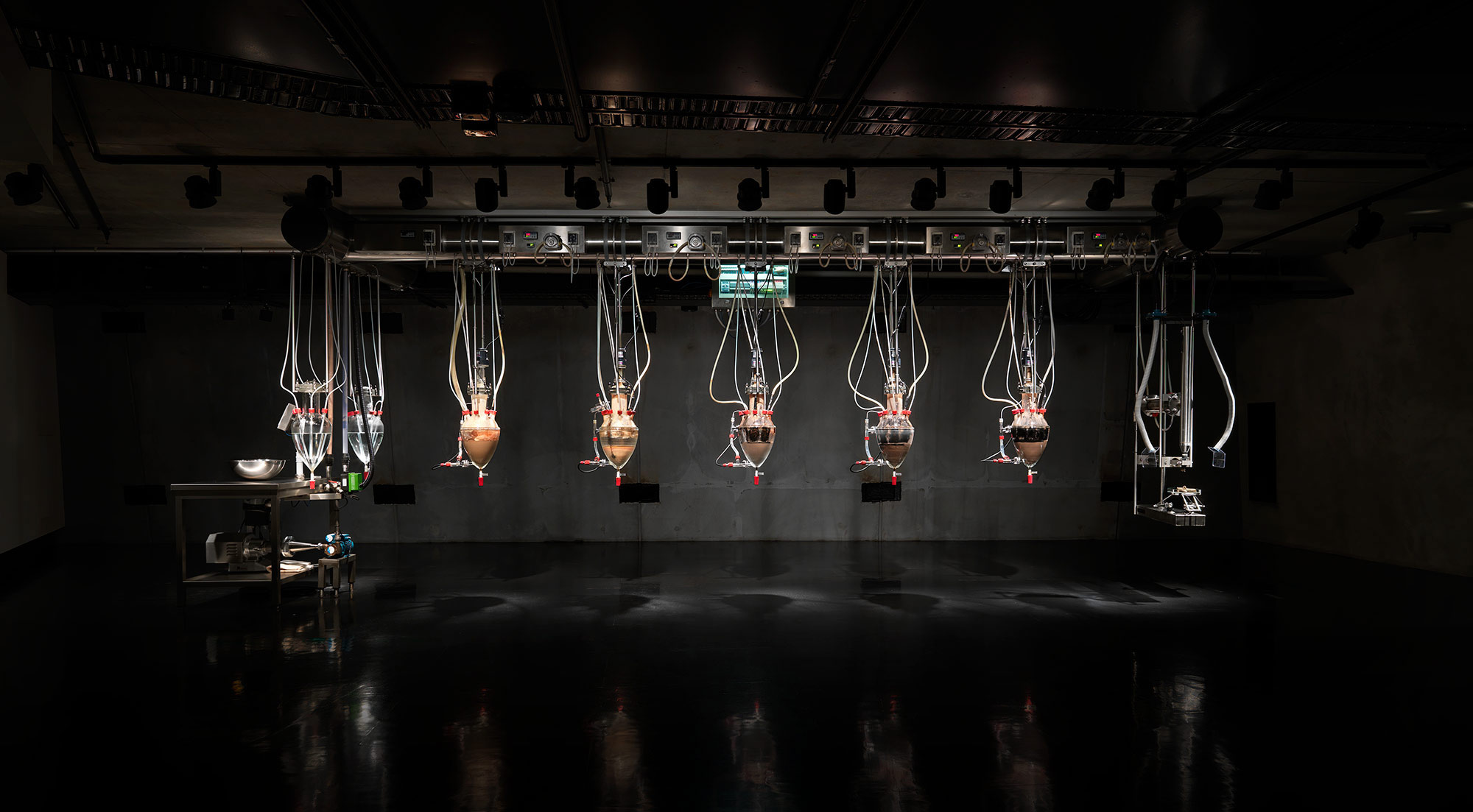Around the world, the plan to mitigate the coronavirus outbreak has varied. There’s no playbook so governments have tended to go to their strengths. We’ve found several of those measures have helped so there’s no single right way to do this, but there are obviously some very wrong ways to handle it.
I was going through our past posts and I came across one I wrote about the museum in Hobart, Australia, the Museum Of New Art, that has a working “poop machine.” The founder of the museum, David Walsh, says and does what he wants and doesn’t care what anyone else thinks. Also, running his own museum has put him in the place of deciding whether to close or not.
We’ve all seen statements from companies about their COVID-19 response. It’s usually a blanket statement saying “Amid this growing crisis, we’ve decided to (insert action here).”
That’s not the way David Walsh rolls.
What do you do when you’re trying to predict something that can’t be predicted? Panic may be a legitimate option, but as someone who holds a level of responsibility to the staff and the community, that option isn’t open to me. A good remaining option is the Precautionary Principle. At this point, with some governments enforcing mass closures due to COVID-19, and the Australian Government seeking to limit contact between individuals, Mona faces a dilemma. Taken as a whole, is Mona being operational a net service to the community? Spoiler alert: the answer, as far as I’m concerned, is no.
So he decided to close the museum, for now. He said he’ll keep the museum together by putting off new projects and maintenance and by cutting back on his holidays, which he admits is more of a result of not being able to go anywhere than anything else.
He put together a great synopsis using the analogy of a chess player making decisions about which move to make next. He used that framework to make his choice. His remarks closed with a quote from Nassim Taleb, a scholar, statistician and risk analyst. In “Ethics of Precaution: Individual and Systemic Risk,” he wrote:
Precautionary decisions do not scale. Collective safety may require excessive individual risk avoidance, even if it conflicts with an individual’s own interests and benefits. It may require an individual to worry about risks that are comparatively insignificant.
That sums up what we’re trying to do. Worry about risks that seem small. Staying Home. Washing our hands. Not big things and seemingly insignificant but ones that may make a big difference in the end.
You can read the entire post on the MONA website.
If we ever get back to Tasmania, I’d want to go check out the museum since we missed it our last time there. The most famous, or infamous, permanent exhibit of the museum is Cloaca Professional, 2010 by Wim Delvoye, otherwise known as the “Poop Machine.”

When the museum reopens, you can find more information about pricing, current exhibits and ferry times on their website.
Photos via the MONA website
#stayhealthy #stayathome #washyourhands
Like this post? Please share it! We have plenty more just like it and would love it if you decided to hang around and get emailed notifications of when we post. Or maybe you’d like to join our Facebook group – we have 12,000+ members and we talk and ask questions about travel (including Disney parks), creative ways to earn frequent flyer miles and hotel points, how to save money on or for your trips, get access to travel articles you may not see otherwise, etc. Whether you’ve read our posts before or this is the first time you’re stopping by, we’re really glad you’re here and hope you come back to visit again!
This post first appeared on Your Mileage May Vary
